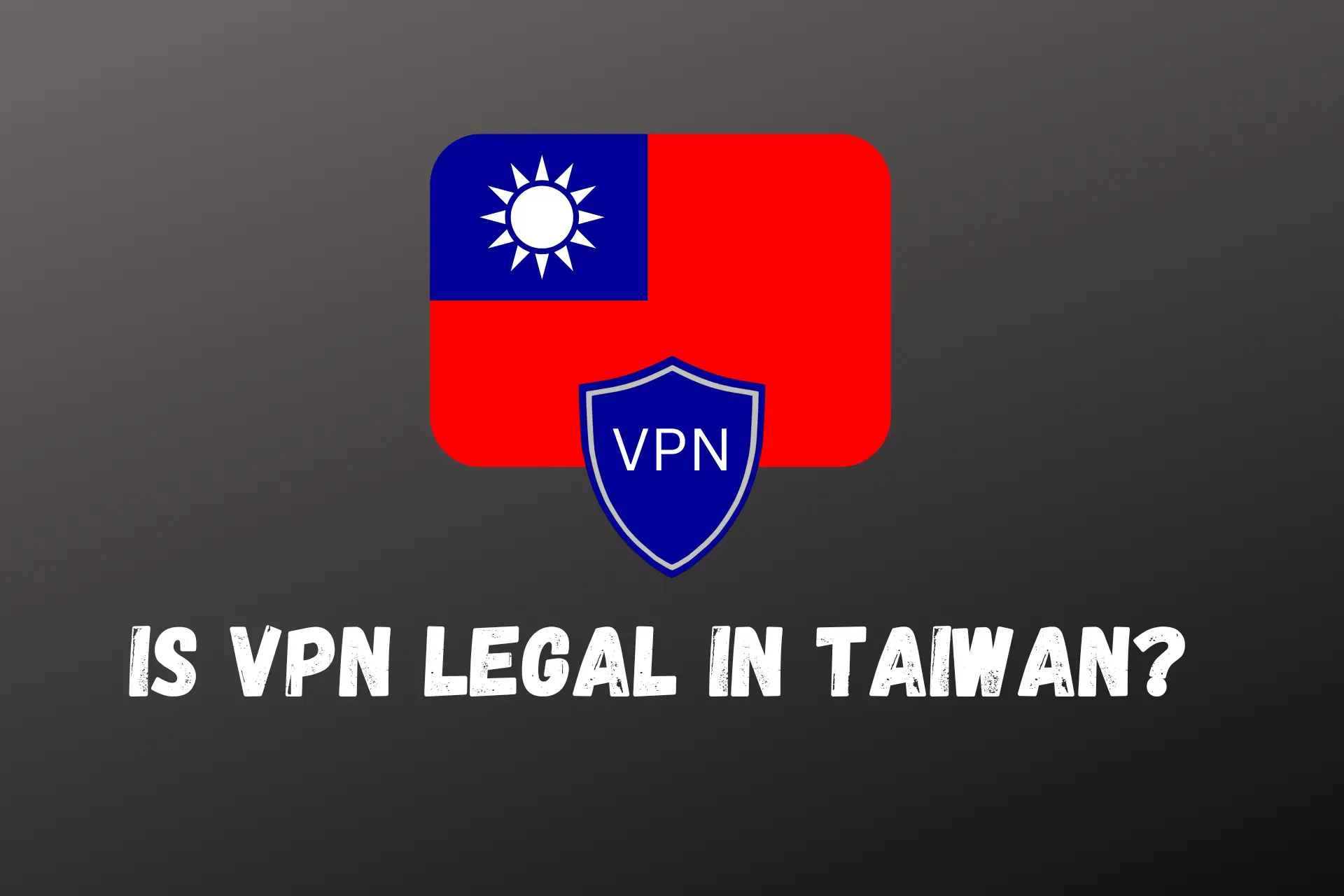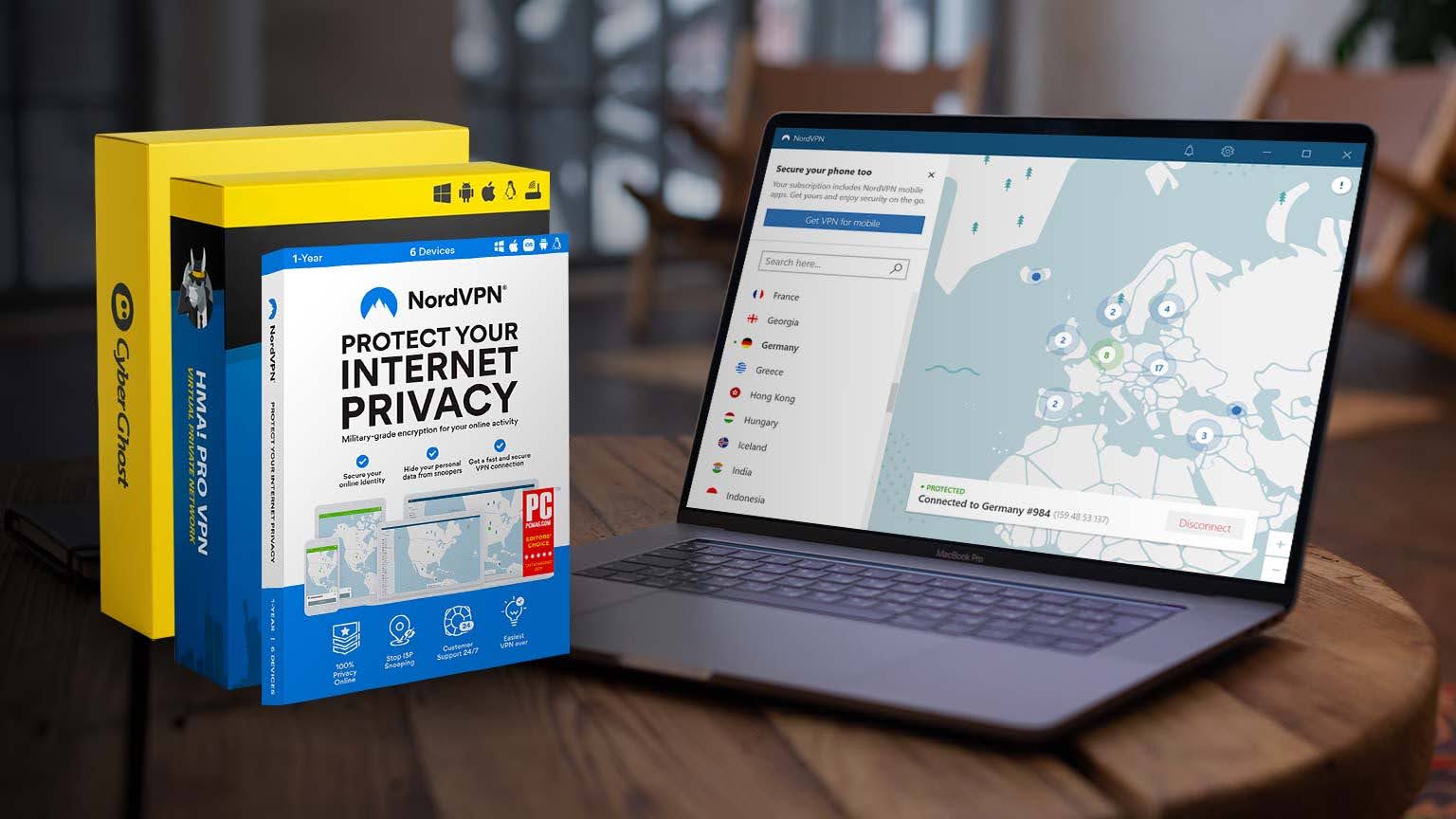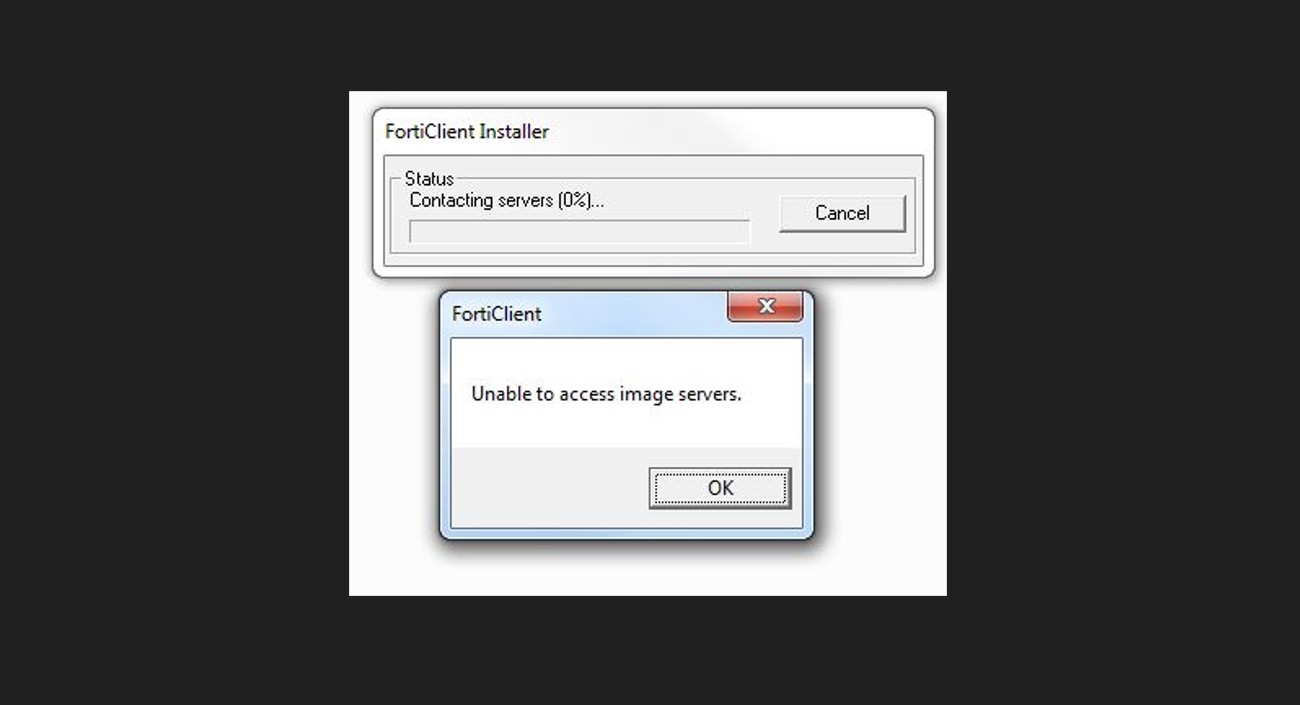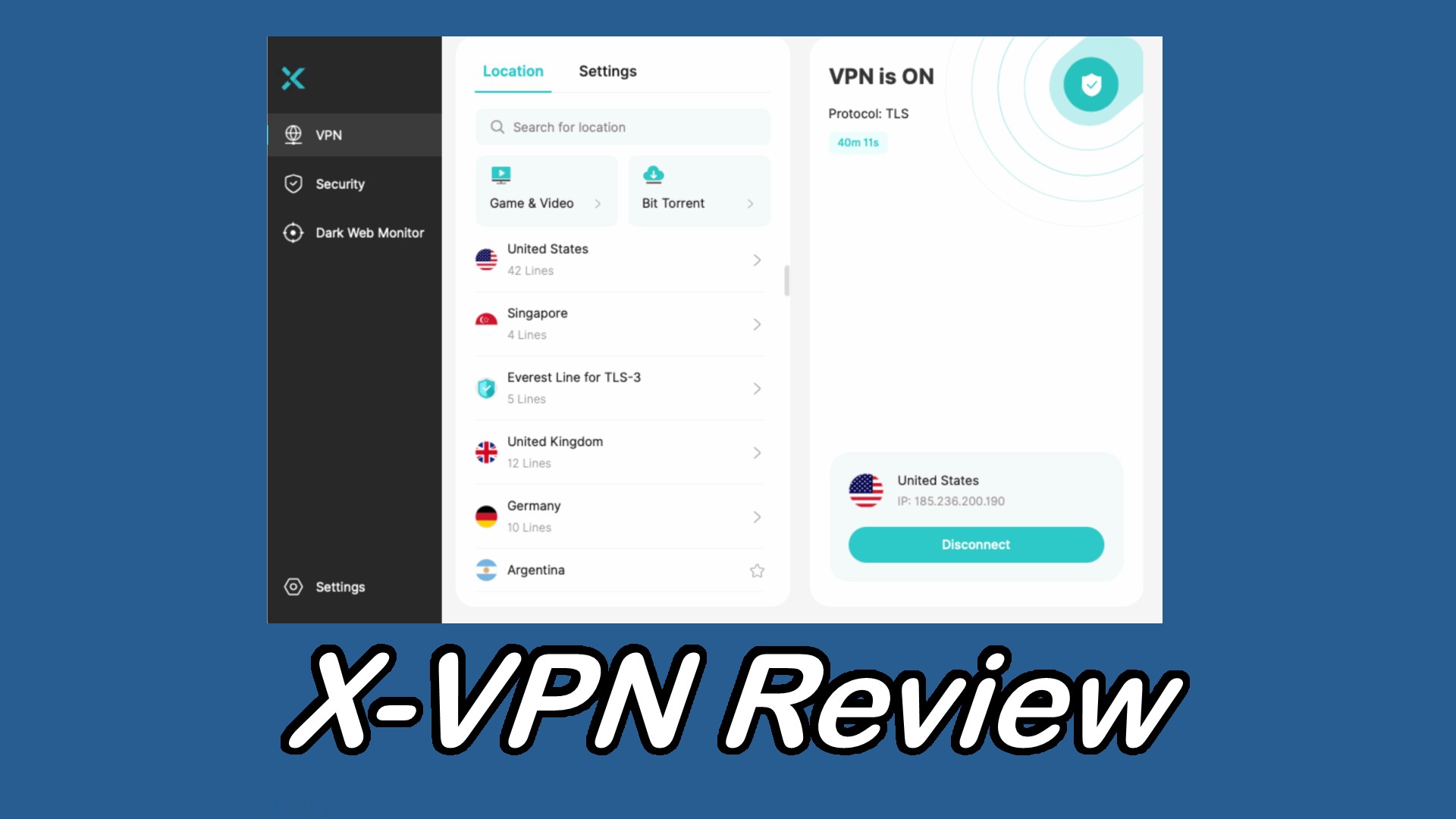Is VPN Legal in Taiwan? [All You Need to Know]

Despite Taiwan’s reputation for a free and open internet, some may question whether a VPN is legal in the country, given its internet laws and proximity to China.
However, it’s worth noting that Taiwan has laws and regulations on internet use, separate from China’s Great Firewall.
In this article, we’ll explore all these in detail. Let’s start.
Is VPN legal in Taiwan?
Yes, it is legal to use a VPN in Taiwan. You can download, install, and use a VPN on your devices without any legal repercussions.
Of course, using a VPN for illegal activities such as creating fake accounts, committing identity theft, or engaging in fraudulent activities is considered a criminal offense in Taiwan.
Therefore, it’s crucial to use a VPN responsibly.
Why is it a good idea to use a VPN in Taiwan?
A VPN offers many benefits, from accessing geo-restricted content to securing your internet connection from tracking.
Consider using a VPN in Taiwan for the following top 6 reasons:
1. Access geo-restricted content
With a VPN, you can connect to servers in other countries and access content blocked or restricted in Taiwan.
For instance, the tension between Taiwan and China has resulted in the prohibition of Tencent Video and iQiyi, two popular Chinese streaming services, in Taiwan.
As a result, individuals and companies in Taiwan cannot provide services to or distribute content from these streaming operators.
However, by using a VPN to connect to a server outside of Taiwan, you can not only access these services but also restricted content from various regions around the world.
2. Protects you on public WiFi
While it’s convenient to use public WiFi also poses security risks as these networks are unsafe and can leave your personal information vulnerable to hacking and cyber-attacks.
Using a VPN on public WiFi masks your IP address and encrypts traffic so you won’t fall victim to tracking or man-in-the-middle attacks.
This means that even if someone manages to intercept your data, they won’t be able to decipher the information because it’s encrypted.
3. Protect against the government’s online surveillance
Taiwan is a self-governing democracy, but it is subject to surveillance by the government and intelligence agencies.
According to Edward Snowden, the Taiwanese government paid the US $200,000 for advanced surveillance technologies that could be used to spy on private networks.
This raises concerns about privacy and the potential misuse of these tools.
Additionally, Taiwan is located close to China, which has been known to conduct online espionage and cyberattacks against other countries.
Using a VPN protects against government surveillance and makes it more difficult for third parties to monitor your online activity and collect your personal information.
4. Secure online banking
Cybercriminals can intercept your personal information, such as your login credentials, credit card numbers, and bank account information when you connect to the internet.
They can do this by secretly monitoring your internet traffic and intercepting data packets that contain sensitive information.
When you use a VPN, your internet traffic is encrypted, meaning your data is converted into a secure format that the recipient can only decipher.
5. Secure file sharing
When sharing files online, there is a risk that your personal or professional information will leak.
This can include sensitive financial information, medical records, and legal or confidential business documents.
A VPN will provide a secure and encrypted connection, protecting your files and ensuring your personal and professional information remains private.
6. Defeat ISP throttling with a VPN
While using the internet, ISPs may limit your internet speeds based on the websites you visit.
For example, if you are streaming HD videos, your ISP may throttle your internet speeds. They do it to balance the bandwidth usage, resulting in buffering and longer loading times.
By using a VPN, your online activity is encrypted. This means it transformed into unreadable text so your ISP will have no idea what you do online.
This prevents ISP throttling and allows you to enjoy faster internet speeds and smoother online experiences.
Summary
VPN is legal in Taiwan. It provides a great solution for internet users who wish to enhance their online privacy and security.
It will help protect sensitive data and bypass online restrictions and censorship.
Read our disclosure page to find out how can you help VPNCentral sustain the editorial team Read more






User forum
0 messages